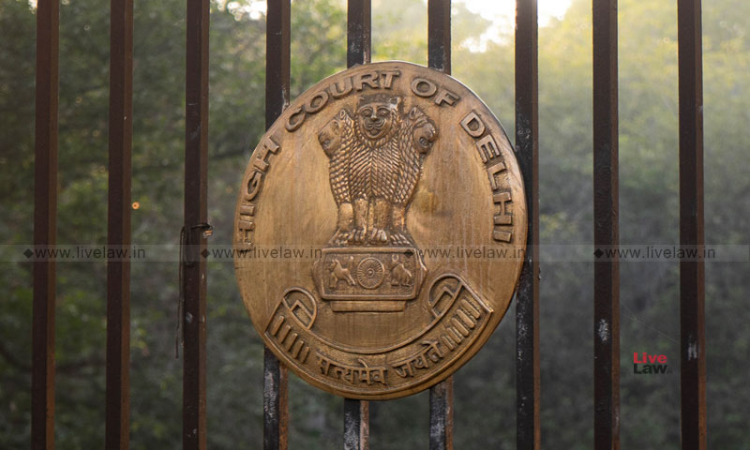- Home
- /
- High Courts
- /
- Delhi High Court
- /
- Hurling Caste Abuse On Flyover...
Hurling Caste Abuse On Flyover Satisfies Threshold Of 'Public View' Under SC/ST Act Even In Absence Of Witnesses: Delhi High Court
Nupur Thapliyal
29 Oct 2025 11:00 AM IST
The Delhi High Court has observed that assaulting a woman and using caste based remarks against her on a flyover falls within the meaning of “public view” to satisfy the offence under the Scheduled Castes and Scheduled Tribes (Prevention of Atrocities) Act, 1989.Justice Ravinder Dudeja made the observation while denying anticipatory bail to a man and said that the ingredients necessary...
The Delhi High Court has observed that assaulting a woman and using caste based remarks against her on a flyover falls within the meaning of “public view” to satisfy the offence under the Scheduled Castes and Scheduled Tribes (Prevention of Atrocities) Act, 1989.
Justice Ravinder Dudeja made the observation while denying anticipatory bail to a man and said that the ingredients necessary to prima facie constitute an offence under the enactment were satisfied.
“The alleged incident took place on the road on a flyover which could be viewed by anybody. In her statement under Section 183 BNS, complainant stated that there were many public persons present, even though, no public witness could be traced out so far, the place of incident was indeed a “place within public view”. Therefore, the ingredients necessary to prima facie constitute an offence under Section 3 of the SC/ST Act, 1989, based on the allegations in the FIR and the statement under Section 183 BNS, stand satisfied,” the Court said.
The man, Virender Singh Bidhuri, allegedly assaulted the woman complainant on the flyover by stopping her car. She alleged that he broke her car window, forcefully pulled her out of the vehicle, physically assaulted, molested her and verbally abused her.
As per the FIR, the man also made derogatory remarks against her and threatened her not to report the incident to the police. After the incident, complainant called her husband, who after reaching the spot, made a PCR call.
Dismissing the accused's anticipatory bail plea, the Court said that an important ingredient of offence under Section 3 of SC/ST Act is that the act must be done in any place within the “public view”.
It added that “public view” limb is not a superfluity, rather an essential element which the prosecution must prima facie establish to attract the provision in question.
Although the woman did not belong to the SC/ST community, the status report of the Delhi Police said that she produced caste certificates of her husband and her father along with her marriage card and the copy of the marriage certificate.
As per the caste certificate, her husband belonged to 'Jatav' caste and her father belonged to 'Khatik' caste.
“Hence, prima facie, an offence under SC/ST Act is made out from the bare reading of the FIR and the statement under Section 183 BNS, and therefore, the bar of Section 18 of the SC/ST Act shall apply in the present case against the grant of anticipatory bail,” the Court said.
Title: VIRENDER SINGH BIDHURI v. STATE (NCT OF DELHI) AND ANR
Citation: 2025 LiveLaw (Del) 1387



